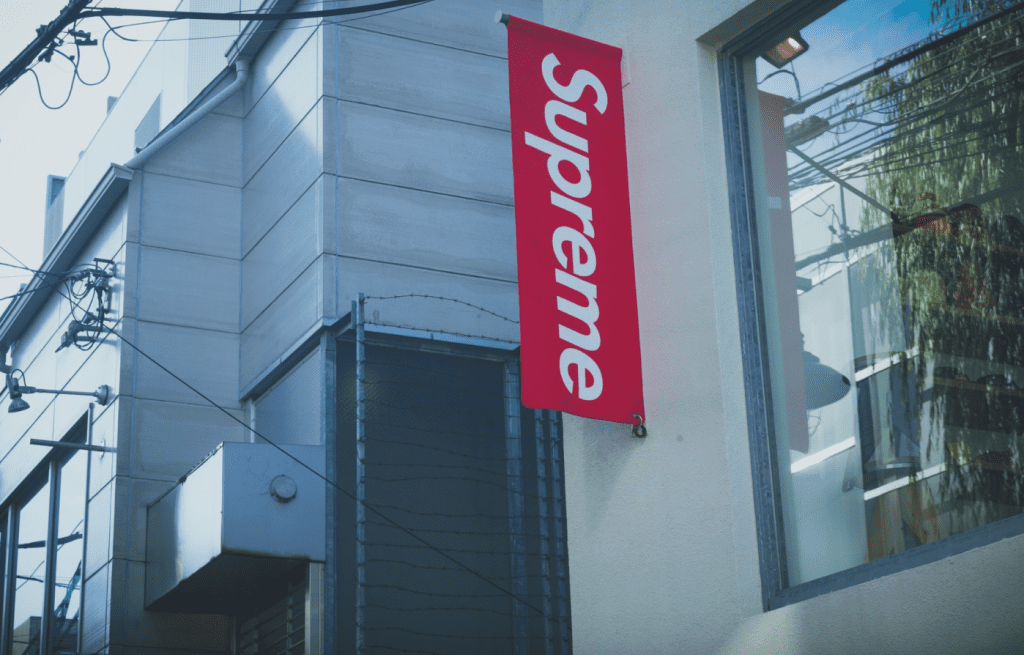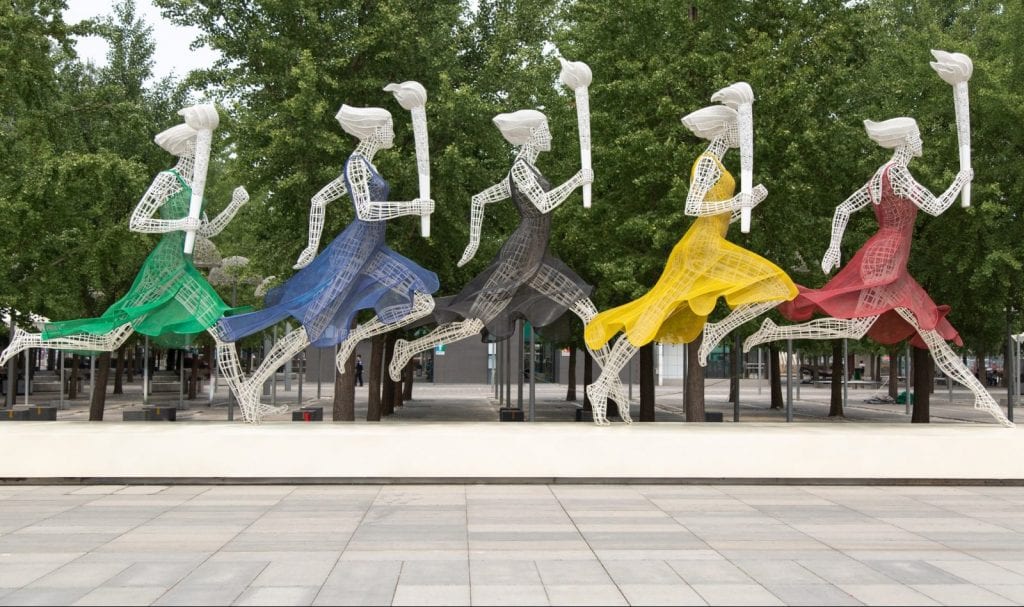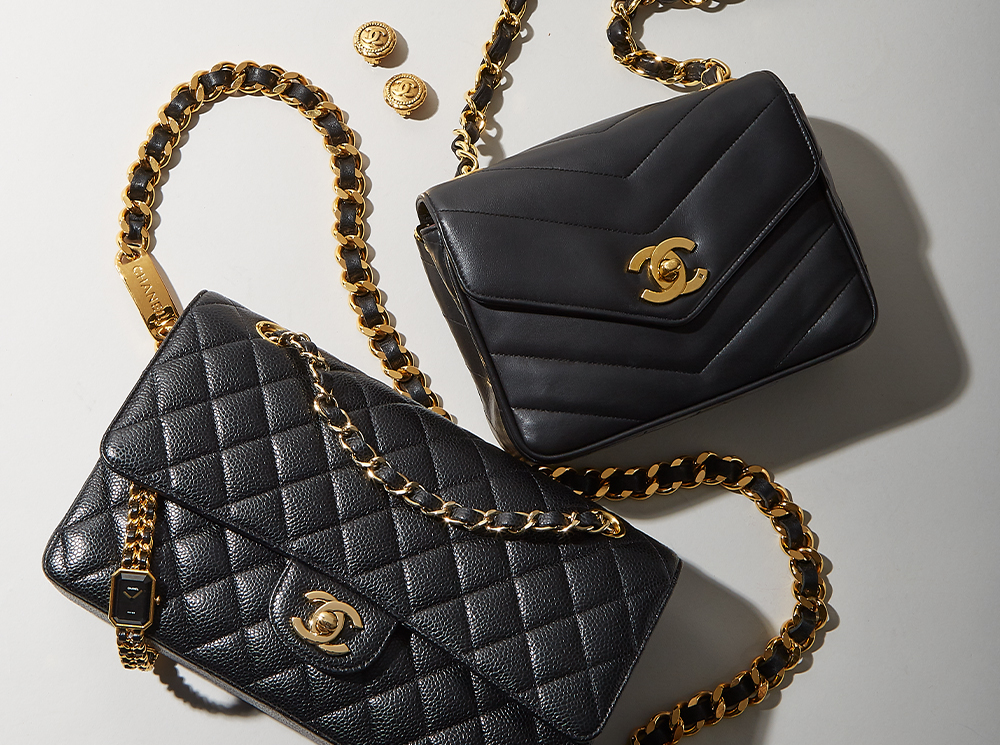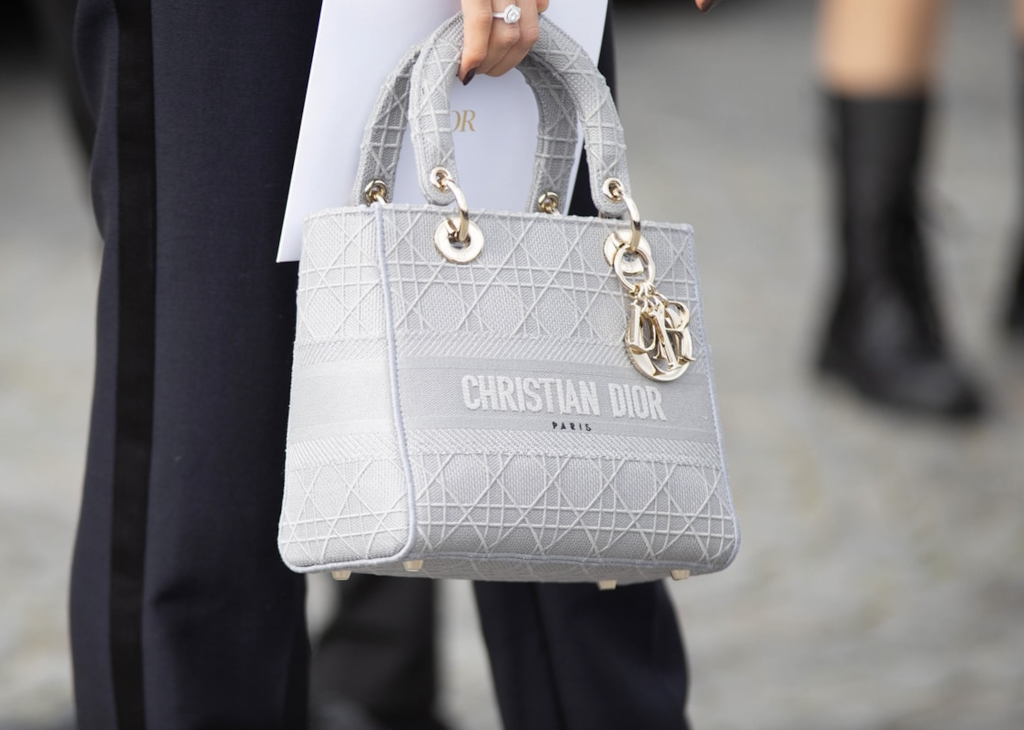A Los Angeles-based apparel brand is suing Supreme for allegedly copying its staple jersey, despite the fact that it maintains legal protections for the “unique” design of the garment. That is what Spirit Clothing Company asserted in the trademark infringement, false designation of origin, and unfair competition lawsuit that it filed against Chapter 4 Corp., the corporate entity associated with wildly-popular streetwear brand Supreme, in a California federal court last month.
According to its complaint, Spirit Clothing Company alleges that since “at least as early as 1999,” it began offering up “a distinctive style of clothing,” which the brand calls its “Spirit Jerseys.” As a result of its longstanding use of the design – which consists “unique combination of features,” including “dropped shoulders, noticeable seams and stitching” – including collaborations with the likes of Disney, Warner Bros., Ritz Carlton, and countless college sororities and fraternities, Spirit Clothing claims that it has “created an association in the minds of purchasers” between itself and the Spirit Jersey.
Speaking specifically to its rights in the jersey, Spirit Clothing asserts that the “distinct and unique appearance” of the design “is inherently distinctive and protectable as a trademark,” and points to a federal trademark registration on the U.S. Patent and Trademark (“USPTO”)’s Supplemental Register for the appearance of the design, namely, “a yoke stitched with cover stitch details on dropped shoulder seams and a yoke stitched across the chest and back of the shirt,” along with the specific placement of wording on the back. By registering the design on its secondary register, Spirit Clothing argues that the USPTO “determined that the mark was non-functional,” which is significant, as functionality of a bar to trademark registration (and protection).
With such alleged trademark rights in mind, Spirit Clothing claims that Chapter 4’s sale of a long-sleeved t-shirt with a similarly-placed seams and wording is likely to confuse consumers about to the source of its own shirt. In other words, Chapter 4’s “wrongful use” of the design elements are likely to “cause confusion and mistake in the minds of the public with respect to the origin, affiliation, and source of [the Supreme] products and services and to deceive purchasers of such products into believing that [Spirit Clothing has] endorsed” such products.
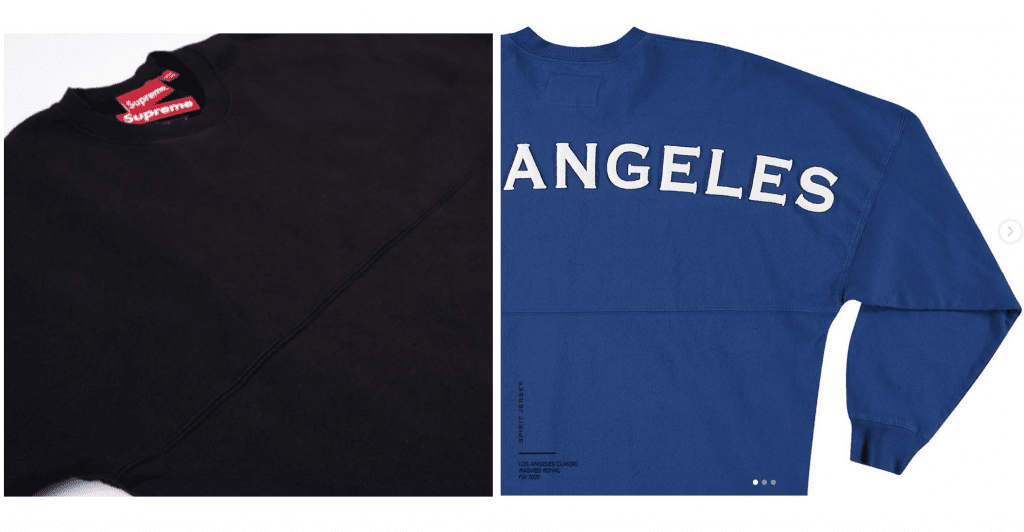
“As a direct and proximate result” of Chapter 4’s “intentional and knowing misappropriat[ion]” of Spirit Clothing’s design, Spirit Clothing claims that is “has suffered and continues to suffer lost profits and damages to its business reputation and goodwill,” and is seeking monetary damages and injunctive relief in connection with its trademark infringement, false designation of origin, and unfair competition claims. Chapter 4 “will continue, unless restrained, to use marks confusingly similar to [its] Spirit jersey and will cause irreparable damage,” Spirit Clothing goes on to assert, asking the court to “restrain [Chapter 4], their officers, agents and employees, and all persons acting in concert with them, from engaging in further acts of infringement.”
As for defenses that Chapter 4 could potentially raise in response to the suit, one that stands out is the argument that Chapter 4 is not using the elements of Spirit Clothing’s jersey design in a trademark capacity, which is required for a showing of infringement. Instead, Chapter 4 could argue that it made use of the seam designs and the placement of the wording on the back on its shirts in an ornamental or decorative capacity (rather than as a trademark to identify the source of the shirts), and that consumers would not perceive these elements as indicia of origin. At the same time, Chapter 4 could argue that the “Supreme” tags located inside of the neck of the shirt and on the outside of the shirt at the bottom left, as well as the “Supreme” written across the back of the shirt, clearly identify the shirt as a product of Supreme, thereby, likely eliminating any potential confusion among consumers as to the source.
Beyond that, Chapter 4 could attack the existence and/or strength of Spirit Clothing’s rights in the jersey design, especially given the company’s argument that the design is “inherently distinctive.” After all, despite Spirit Clothing’s claim that the design is inherently distinctive, in its decision in the Walmart v. Samara Brothers case in 2000, which centered the design of a children’s garments, the U.S. Supreme Court held that a product design can never be inherently distinctive, and thus, must acquire distinctiveness in order to be protectable as a trademark.
Chapter 4 is the latest name on a long list of companies that have been on the receiving end of similar trademark suits filed by Spirit Clothing. Since 2013 when it first received a trademark registration for the jersey design, the brand has filed more than two dozen lawsuits against the likes of J.C. Penney, Belk, Victoria’s Secret, and New Guards Group-owned Palm Angels, the latter of which agreed to settle the case in April 2019.
A rep for Supreme did not immediately respond to a request for comment.
Updated (March 24, 2021): The parties appear to have settled the matter between themselves, which culminated in counsel for Chapter 4 filing a stipulation to dismiss the case that was signed by both it and Spirit Clothing.
*The case is Spirit Clothing Company v. Chapter 4 Corp. dba Supreme, 2:20-cv-8007 (C.D. Cal).




